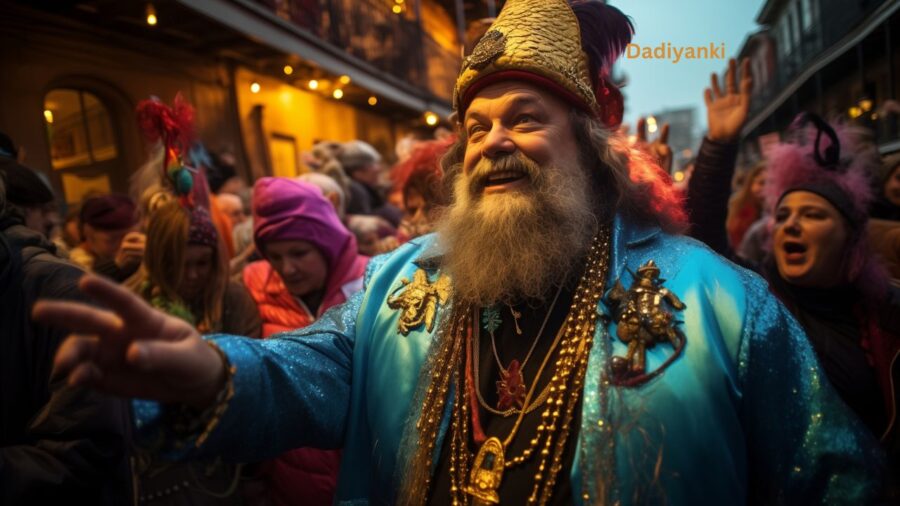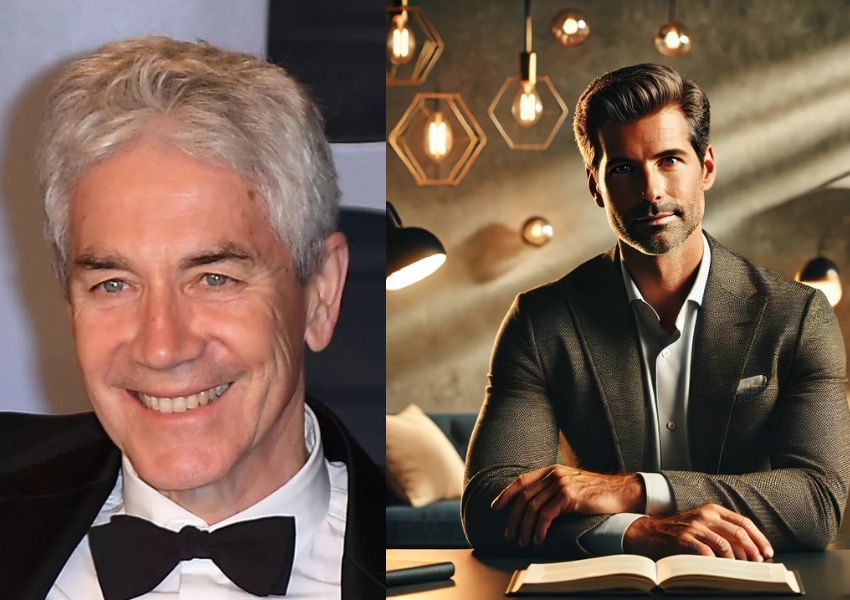Few artists have left a mark on music like Dadiyanki. Known globally as the King of Reggaetón, Daddy Yankee’s name is synonymous with the evolution of Latin urban music. From his early days in Puerto Rico’s underground music scene to becoming an international sensation, Daddy Yankee (often stylized as Dadiyanki by fans) revolutionized reggaetón, turning it into a global phenomenon.
This article takes a closer look at his incredible journey, his contributions to music, and why he remains a cultural icon even after decades in the industry.
Who is Dadiyanki?
Dadiyanki is the affectionate term fans often use to refer to Daddy Yankee, the Puerto Rican reggaetón artist, songwriter, and entrepreneur. With a career spanning over three decades, his work has defined and elevated the reggaetón genre, making it a staple in mainstream music worldwide.
Quick Facts About Daddy Yankee
- Full Name: Ramón Luis Ayala Rodríguez
- Born: February 3, 1977, in San Juan, Puerto Rico
- Debut Album: No Mercy (1995)
- Breakthrough Hit: Gasolina (2004)
His influence extends far beyond his music, as he has paved the way for countless artists in the Latin urban genre while also championing community initiatives and cultural pride.
The Evolution of Dadiyanki’s Music Career
The Underground Era
In the early 1990s, Daddy Yankee was a pioneer in Puerto Rico’s underground music movement, blending hip-hop beats with Caribbean influences. His debut album No Mercy introduced him to the scene, but it was his mixtapes that solidified his reputation as a lyrical powerhouse.
The Rise of Reggaetón
With his 2004 album Barrio Fino, Daddy Yankee took reggaetón to a global audience. The hit single Gasolina became an anthem, breaking language barriers and introducing millions to the genre.
Global Stardom
Over the years, Daddy Yankee continued to release chart-topping hits like Rompe, Lo Que Pasó, Pasó, and Limbo. His collaborations with artists like Luis Fonsi (Despacito) and Bad Bunny (La Santa) further cemented his status as a global superstar.
Retirement Announcement
In 2022, Daddy Yankee shocked fans with the announcement of his retirement, following the release of his farewell album Legendaddy. Despite stepping away from the spotlight, his music and influence continue to thrive.
Why is Dadiyanki Called the King of Reggaetón?
Innovation in Sound
Daddy Yankee was instrumental in shaping the reggaetón sound, combining infectious beats, clever lyrics, and irresistible rhythms that appealed to a diverse audience.
Global Reach
His ability to transcend cultural and language barriers helped reggaetón gain recognition as a mainstream genre. Hits like Despacito dominated global charts, solidifying his role as a music trailblazer.
Cultural Impact
Daddy Yankee’s success elevated Puerto Rican culture and identity on the world stage, making reggaetón a source of pride for Latin communities worldwide.
Top Tracks That Define Dadiyanki’s Legacy
- Gasolina
The song that started it all, Gasolina is often credited as the track that introduced reggaetón to mainstream audiences. - Despacito (with Luis Fonsi)
This global sensation broke records, becoming one of the most-viewed music videos on YouTube and earning countless awards. - Rompe
A party anthem that showcased Daddy Yankee’s knack for creating infectious hits. - Con Calma
Featuring Snow, this track became a viral sensation, bringing reggae-inspired beats back into the limelight. - Shaky Shaky
A social media favorite that took over dance floors worldwide.
Dadiyanki’s Influence on Modern Reggaetón
Mentorship
Daddy Yankee has mentored and collaborated with many artists, including J Balvin, Bad Bunny, and Ozuna, helping them rise to prominence.
Genre Expansion
He blurred the lines between reggaetón and other genres like pop, EDM, and dancehall, making the music accessible to broader audiences.
Business Ventures
Beyond music, Daddy Yankee has launched successful ventures, including his fragrance line, endorsement deals, and even a movie, Talento de Barrio.
The Cultural Impact of Dadiyanki
Breaking Barriers
Daddy Yankee’s success broke stereotypes about Latin urban music, proving it could compete with and dominate global markets.
Empowering Communities
Through his lyrics and public appearances, Daddy Yankee often advocates for unity, cultural pride, and resilience, inspiring fans worldwide.
Charitable Initiatives
He is known for his philanthropic efforts, supporting education, disaster relief, and underprivileged communities in Puerto Rico.
FAQs
Who is Dadiyanki?
Dadiyanki is a fan-adopted term for Daddy Yankee, the reggaetón artist who transformed Latin urban music and gained global fame.
What is Daddy Yankee’s most famous song?
Gasolina is considered his breakout hit, while Despacito remains his most successful global collaboration.
Why did Daddy Yankee retire?
In 2022, he announced his retirement to focus on family and other personal pursuits, marking the end of an era for reggaetón fans.
How did Daddy Yankee influence reggaetón?
He pioneered the genre’s sound, brought it to mainstream audiences, and mentored a new generation of artists.
What is Daddy Yankee doing now?
Although retired, he continues to work on business ventures and charitable initiatives while his music remains widely celebrated.
Where can I listen to Daddy Yankee’s music?
His catalog is available on major streaming platforms like Spotify, Apple Music, and YouTube.
Conclusion
Dadiyanki isn’t just a name—it’s a legacy. Daddy Yankee’s contributions to music, culture, and community have solidified his position as the King of Reggaetón. From igniting a global music movement to mentoring the next generation of artists, his influence is undeniable.
Even in retirement, his music continues to resonate with fans, inspiring creativity, resilience, and pride in Latin culture. For fans of reggaetón and music lovers everywhere, the story of Dadiyanki serves as a reminder of the transformative power of passion and determination.











